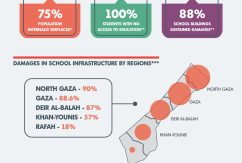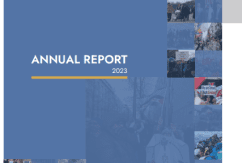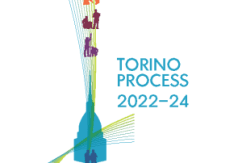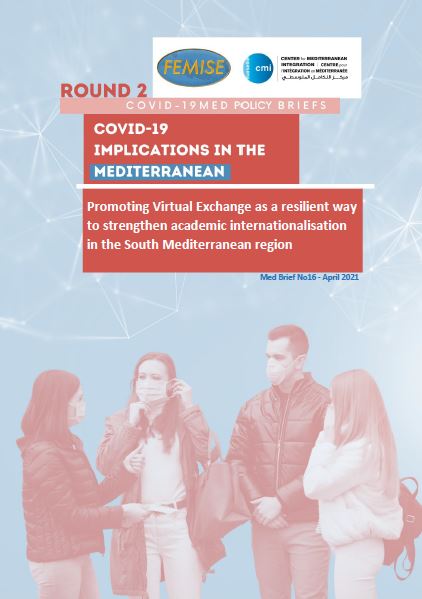FEMISE MED BRIEF n°20 – The long-term impact of Syrian refugees on Turkish economy: an input-output simulation
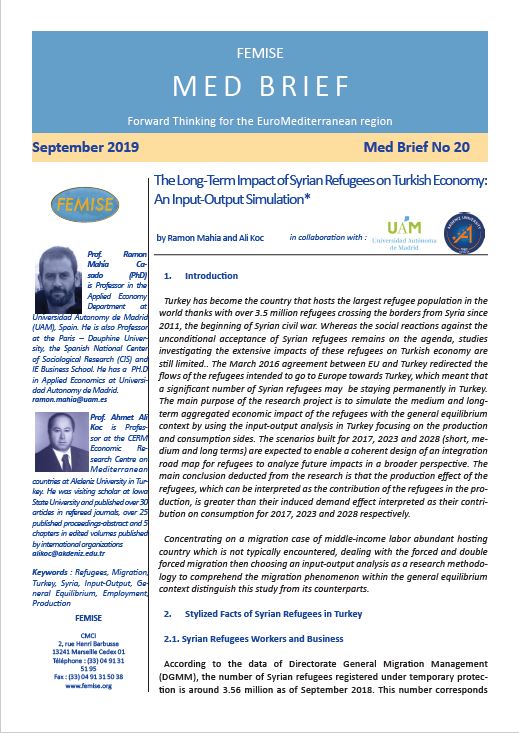
Turkey has become the country that hosts the largest refugee population in the world with over 3.5 million refugees crossing the borders from Syria since 2011, the beginning of Syrian civil war. Whereas the social reactions against the unconditional acceptance of Syrian refugees remains on the agenda, studies investigating the extensive impacts of these refugees on Turkish economy are still limited.
The March 2016 agreement between EU and Turkey redirected the flows of the refugees intended to go to Europe towards Turkey, which meant that a significant number of Syrian refugees may be staying permanently in Turkey.
The main purpose of the research project is to simulate the medium and longterm aggregated economic impact of the refugees with the general equilibrium context by using the input-output analysis in Turkey focusing on the production and consumption sides. The scenarios built for 2017, 2023 and 2028 (short, medium and long terms) are expected to enable a coherent design of an integration road map for refugees to analyze future impacts in a broader perspective.
The main conclusion deducted from the research is that the production effect of the refugees, which can be interpreted as the contribution of the refugees in the production, is greater than their induced demand effect interpreted as their contribution on consumption for 2017, 2023 and 2028 respectively.
The FEMISE Policy Brief series MED BRIEF aspires to provide Forward Thinking for the EuroMediterranean region. The briefs contain succinct, policy-oriented analysis of relevant EuroMed issues, presenting the views of FEMISE researchers and collaborators to policy-makers.








